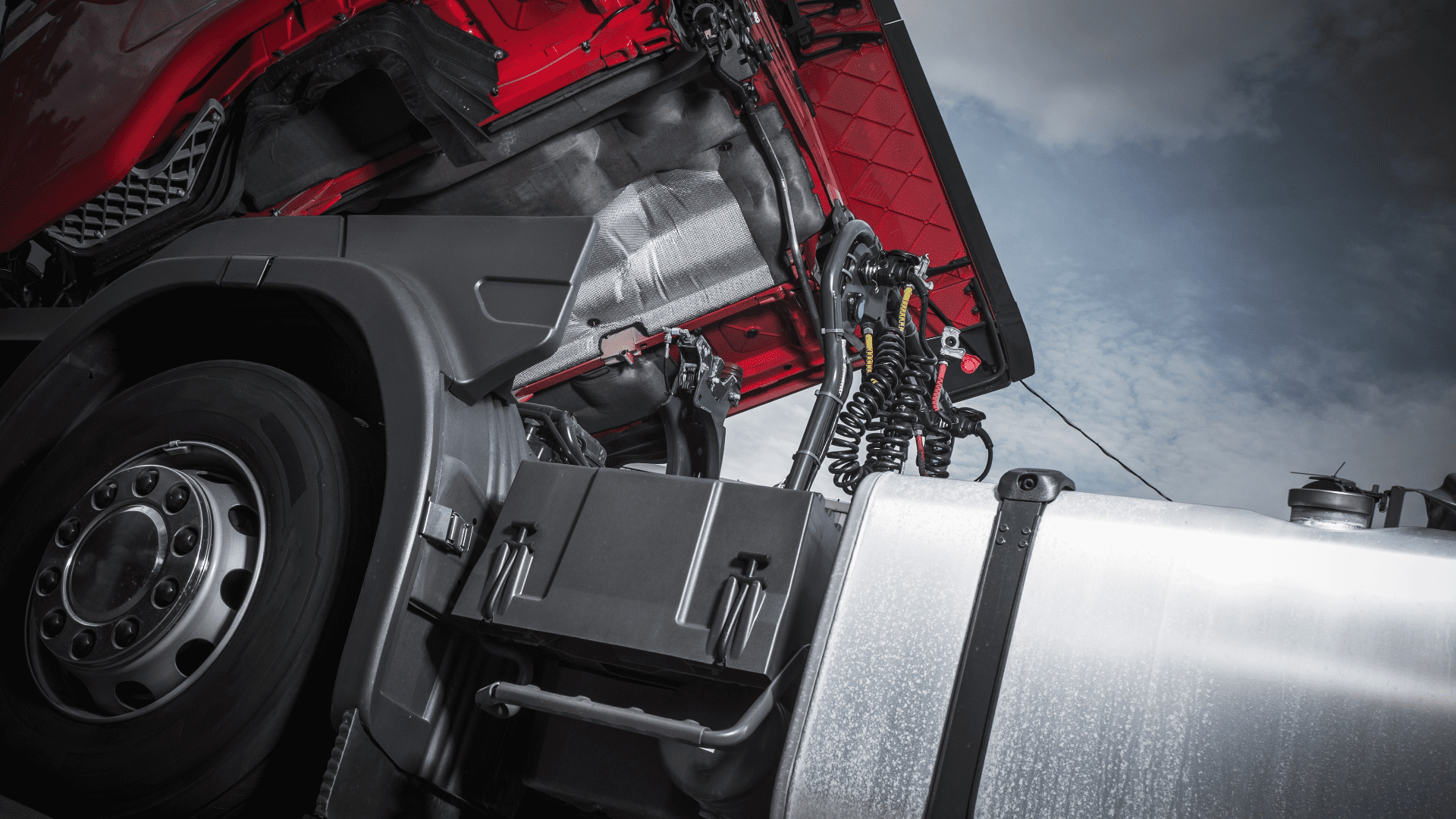Fleet Oil Changes: 5 Signs It’s Time
Fleet oil changes are a critical maintenance item to keep your company vehicles on the road and out of the repair shop. You depend on your fleet to deliver goods, transport passengers, and execute other tasks throughout the workday.
It’s easy to get busy and forget about routine upkeep. When that happens, your fleet vehicles send you signs for attention before it’s too late, and you end up with expensive engine repairs.
In this blog, we cover some of the reasons why you should get fleet oil changes regularly, plus the five warning signs you should never ignore.
Why is it important to get fleet oil changes regularly?
Taking care of your fleet vehicles is part of being a responsible business owner. After all, if you depend on your convoy to deliver products or services as part of your job, you can’t afford the downtime that comes with a broken-down vehicle.
Some of the reasons why you should get regular fleet oil changes include:
- Engine cooling and lubrication. Engine oil plays a vital role in lubricating the various moving parts of the engine. Without lubrication, the parts rub together, causing friction, heat, and wear. Engine oil also helps with heat dissipation during combustion.
- Contaminant removal. Regular oil changes remove impurities such as dirt, dust, and metal particles that clog the engine.
- Extended engine life. Clean and well-lubricated engines experience less wear and tear. You can significantly extend the life of your fleet’s engines with regular oil changes.
- Improved fuel efficiency. Gas prices keep climbing, making fuel efficiency a priority for most businesses that rely on delivery as part of their services. A well-maintained engine runs more efficiently, consuming less fuel.
How often do you need fleet oil changes?
Your owner’s manual for each vehicle provides guidance on recommended intervals and should be your first resource for determining a schedule.
However, the frequency of fleet oil changes depends on several factors, including the type of vehicles in your fleet, their make and model, the type of oil used, and the operating conditions.
There are some general guidelines and industry standards to consider. They include:
- Mileage-based intervals. Many fleet managers use this method to determine how often to change the oil and filter. Mileage ranges between 3,000 and 5,000 miles.
- Time-based intervals. In some cases, especially for vehicles used infrequently, time-based intervals work best. Your fleet mechanic may recommend changing every six months or once annually.
- Severe operating conditions. Frequent stop-and-go driving, towing heavy loads, or operating in extreme temperatures may shorten the lifespan of your engine’s oil.

What are 5 signs it’s time for a fleet oil change?
Recognizing it’s time for a fleet oil change can help you prevent breakdowns and more costly engine repairs down the road.
Even if you regularly maintain your fleet, it never hurts to watch out for these five common signs that you might be due for a change (or at least a visit to your fleet mechanic).
- Low Oil Light
Like most modern vehicles, fleets come with indicator lights that signal to the operator that something isn’t quite right with the oil pressure. When this dashboard warning light comes on, it’s a cry for help that the engine isn’t receiving sufficient oil to operate properly. Check your oil and top it off if it’s low. - Dirty or Dark Oil
Engine oil should typically have an amber or light brown color when it’s clean. If you check the dipstick and notice the oil is looking dark and dirty, it’s a sign that the oil has become contaminated with debris and is less effective at lubricating the engine. - Engine Noise
A noticeable increase in engine noise – often described as knocking or tapping sounds – can be a sign that the engine isn’t properly lubricated. Old or degraded oil may not provide adequate lubrication, leading to increased friction and noise. - Decreased Fuel Efficiency
Dirty or old engine oil can lead to inefficient engine lubrication. When that happens, you’ll almost always notice a significant drop in fuel efficiency. Inefficient lubrication leads to increased friction, causing the engine to work hard and consume more fuel. - Check Engine Light
Ah, the old check engine light. It can mean many things. One of them is that your engine oil needs changing. Modern fleet vehicles come with sensors that detect issues with the engine, including low oil pressure and other oil-related problems. If the light comes on, it’s essential to have your fleet mechanic check it right away.
Stay vigilant for fleet oil change signs
Staying vigilant about fleet oil changes is one of the most effective ways to prevent expensive repairs that leave you without one of your vehicles. Every mile you’re without your trusted fleet is money lost.
Learning to recognize the five most common signs when it’s time for a visit to your fleet mechanic for an oil change can save you time and money down the road.








